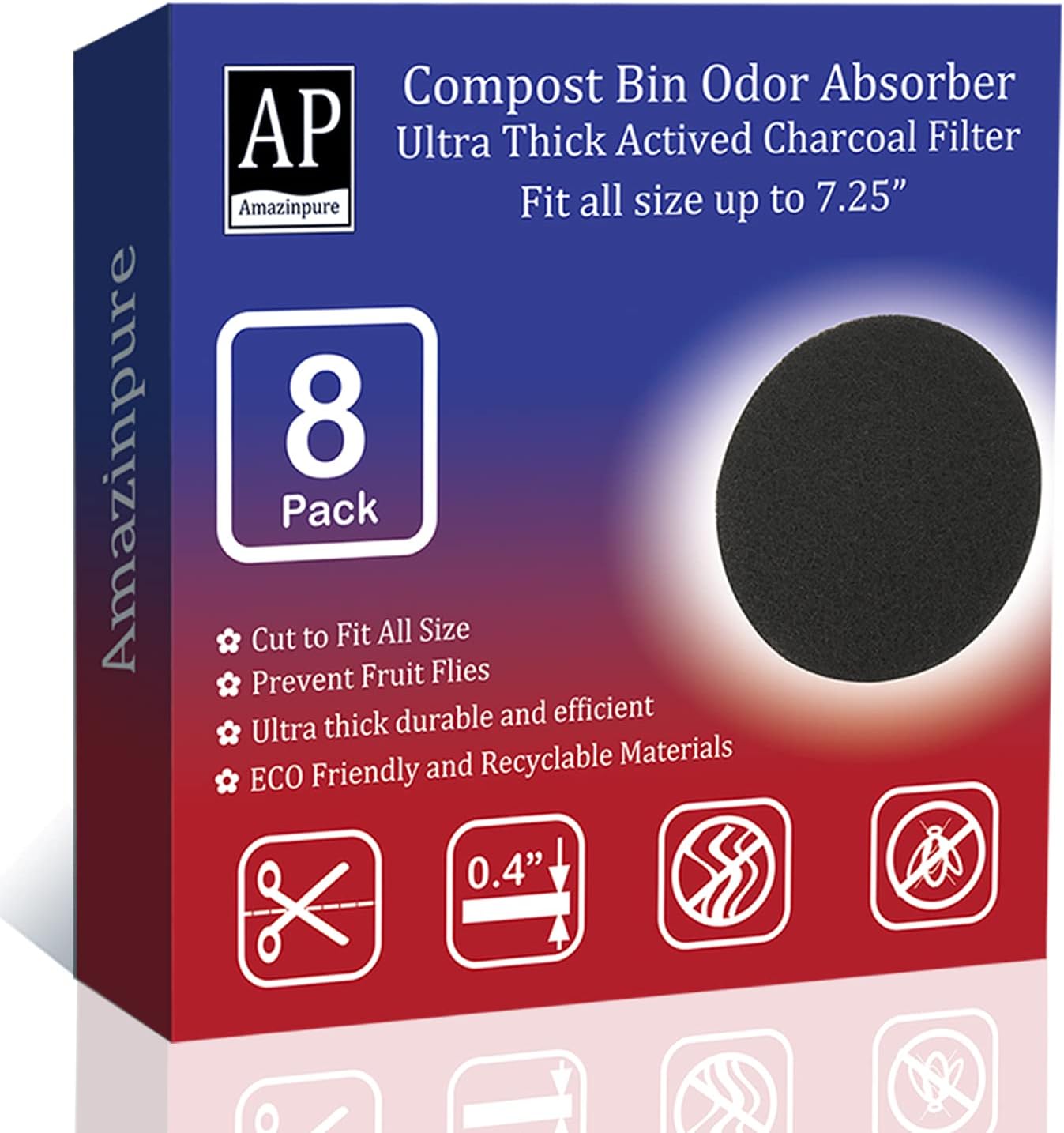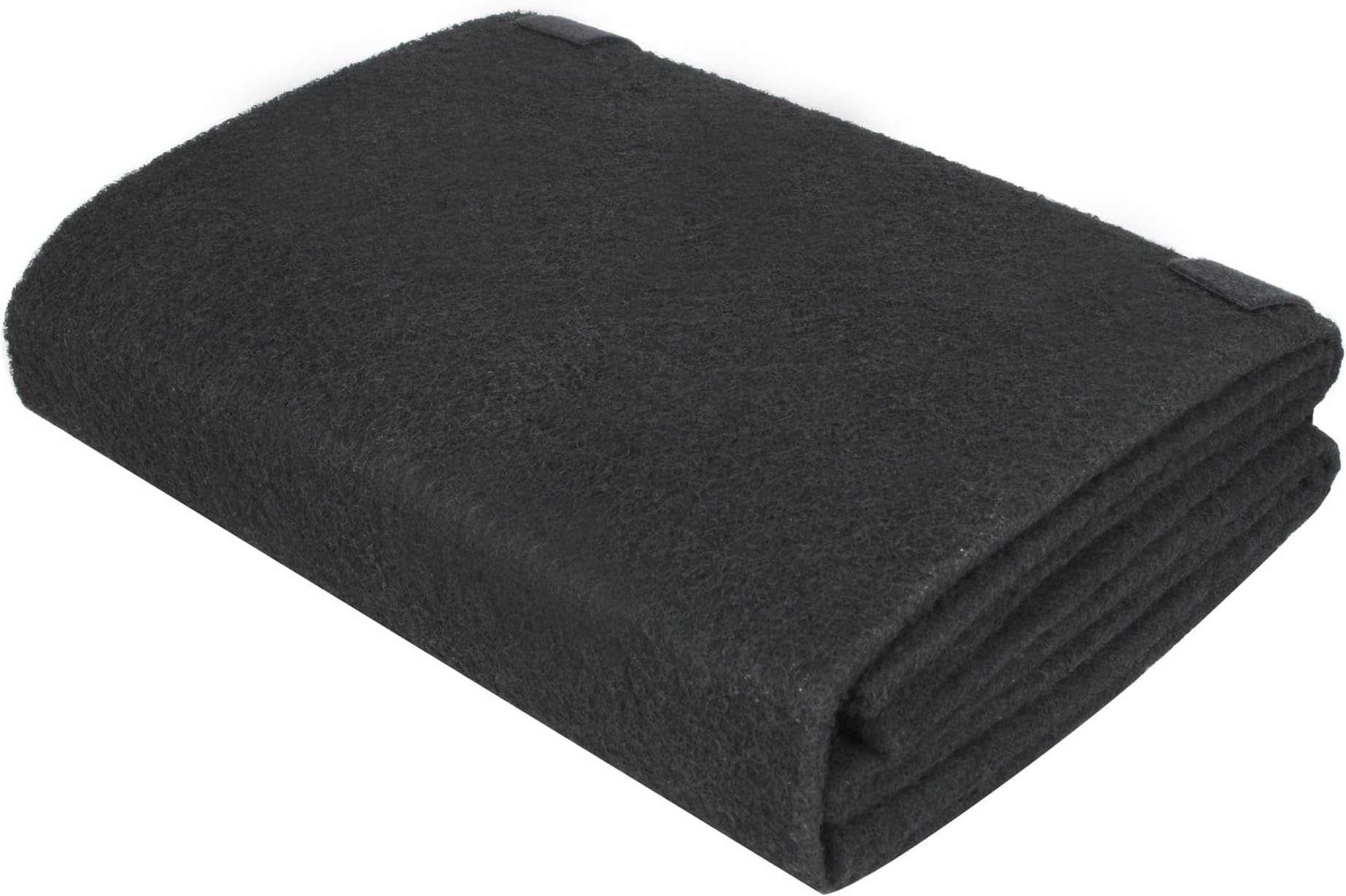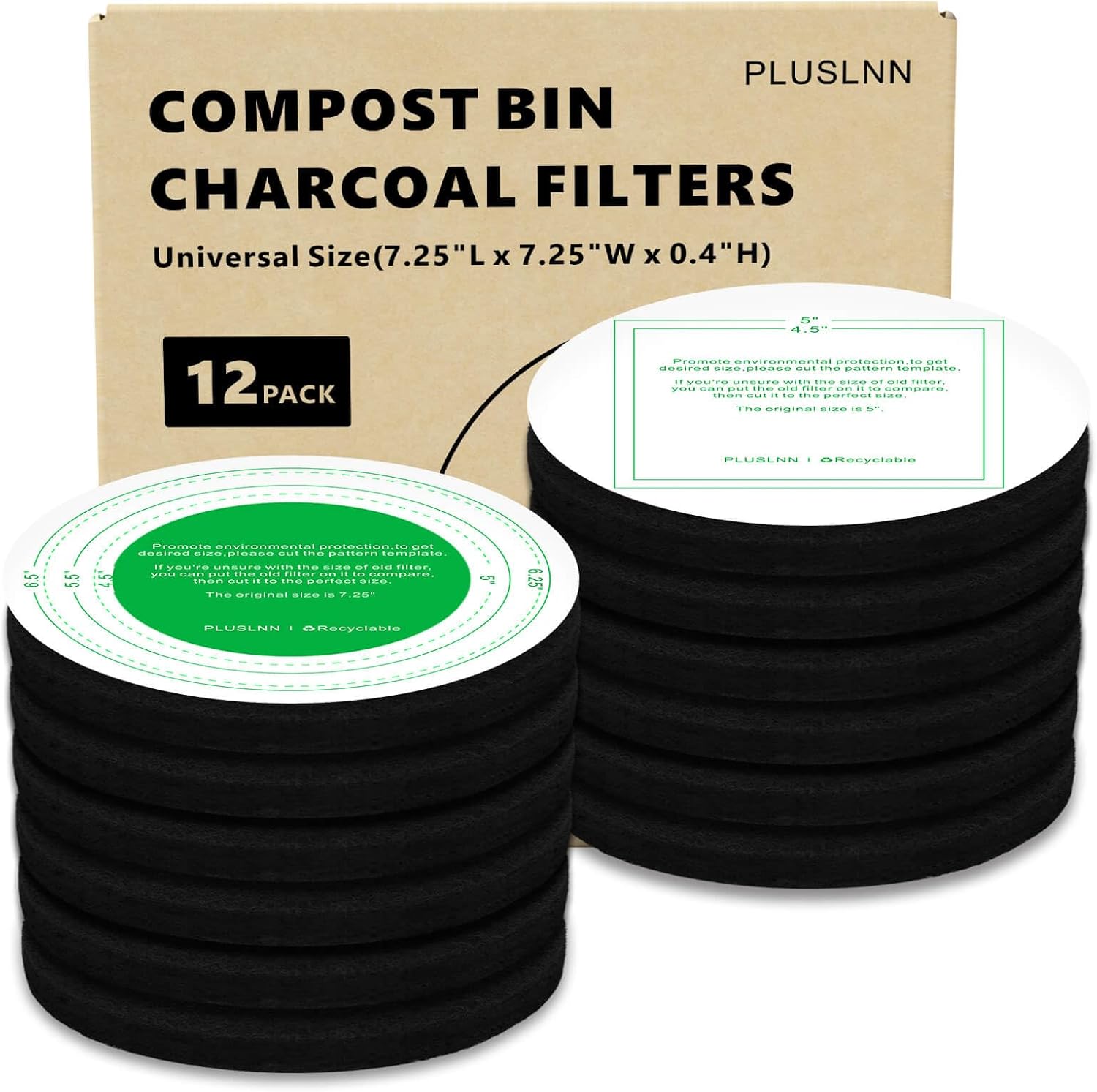Cooking is an essential part of our daily lives, but it can also create unwanted odors, grease, and smoke in our kitchens. Rangehoods, also known as range hoods or exhaust hoods, play a crucial role in maintaining a clean and pleasant cooking environment. Among the various components of rangehoods, charcoal filters are particularly important. This article explores the significance of charcoal filters in rangehoods, how they work, their benefits, and tips for maintenance.
What Are Charcoal Filters?

Charcoal filters, also referred to as activated carbon filters, are designed to absorb and neutralize airborne particles and odors. They consist of activated carbon, which has a large surface area and a porous structure, allowing it to absorb a variety of gases and odors effectively. Unlike grease filters, which primarily capture particles, charcoal filters focus on eliminating smells and enhancing air quality in kitchens.
How Do Charcoal Filters Work?

The effectiveness of charcoal filters lies in their unique properties. Here’s how they function:
- Adsorption: Charcoal filters work through a process called adsorption, where molecules of gases and odors adhere to the surface of the activated carbon particles. This process is different from absorption, where substances are taken in by a material.
- Surface Area: The porous nature of activated carbon provides a vast surface area for capturing contaminants. One gram of activated carbon can have a surface area of up to 3,000 square meters.
- Odor Neutralization: Charcoal filters can effectively neutralize odors from various sources, including cooking oils, spices, and food remnants, making them invaluable in kitchens.
The Benefits of Using Charcoal Filters in Rangehoods
Incorporating charcoal filters into rangehoods offers numerous benefits that enhance both the cooking experience and overall kitchen environment. Some of the key advantages include:
- Improved Air Quality: Charcoal filters help to improve indoor air quality by reducing airborne contaminants and odors, making the cooking environment more pleasant.
- Odor Removal: By effectively neutralizing odors from cooking, charcoal filters prevent them from lingering in the kitchen and spreading to other areas of the house.
- Health Benefits: Reducing airborne particles and odors can lead to a healthier living space, particularly for individuals with allergies or respiratory issues.
- Energy Efficiency: A rangehood equipped with a charcoal filter can operate more efficiently by preventing the buildup of grease and reducing the need for extensive cleaning.
Case Studies and Statistics

Several studies have highlighted the effectiveness of charcoal filters in improving indoor air quality. For instance, a study published in the Journal of Environmental Health found that homes with active ventilation systems, including charcoal-filtered rangehoods, reported a 30% reduction in airborne grease and odor levels compared to homes without such systems.
Furthermore, a survey conducted by the Home Ventilating Institute revealed that 80% of homeowners reported a noticeable improvement in kitchen air quality after installing rangehoods with charcoal filters. These findings emphasize the essential role charcoal filters play in modern kitchen ventilation systems.
Types of Charcoal Filters

There are various types of charcoal filters available for rangehoods, each designed for specific applications:
- Flat Filters: Often found in under-cabinet rangehoods, these filters are flat panels that can be easily replaced when they become saturated.
- Circular Filters: Common in ductless rangehoods, these filters are cylindrical in shape and can cover a larger area, capturing more odors.
- Combination Filters: Some rangehoods feature a combination of charcoal and grease filters, providing comprehensive air purification.
How to Maintain Charcoal Filters

Proper maintenance of charcoal filters is vital to ensure their effectiveness and longevity. Here are some tips on how to maintain them:
- Regular Replacement: Charcoal filters should be replaced regularly, typically every 3 to 6 months, depending on usage. Check the manufacturer’s guidelines for specific recommendations.
- Clean Surrounding Areas: Keeping the area around the rangehood clean can help extend the life of the charcoal filter. Wipe down the rangehood regularly to prevent grease buildup.
- Monitor Performance: If you notice a decrease in odor removal efficiency, it may be time to replace the filter, even if it hasn’t reached the recommended replacement interval.
Choosing the Right Charcoal Filter for Your Rangehood

Selecting the right charcoal filter is essential for optimal performance. Consider the following factors when making your choice:
- Compatibility: Ensure that the charcoal filter is compatible with your rangehood model. Check the manufacturer’s specifications for recommendations.
- Filter Type: Choose between flat, circular, or combination filters based on your cooking habits and the design of your rangehood.
- Quality: Opt for high-quality filters from reputable manufacturers to ensure durability and effectiveness.
Charcoal filters are a crucial component of rangehoods, playing a significant role in enhancing kitchen air quality and improving the overall cooking experience. Their ability to absorb odors and airborne contaminants makes them indispensable in any modern kitchen. By understanding how charcoal filters work, their benefits, and how to maintain them, homeowners can ensure a cleaner, healthier environment while cooking. As statistics and case studies have shown, investing in a rangehood with a charcoal filter is a wise decision that pays dividends in improved air quality and overall well-being.
In summary, whether you are a professional chef or a home cook, incorporating charcoal filters into your rangehood system is an essential step toward creating a pleasant and healthy kitchen atmosphere. Make the right choice today for a better cooking experience tomorrow!